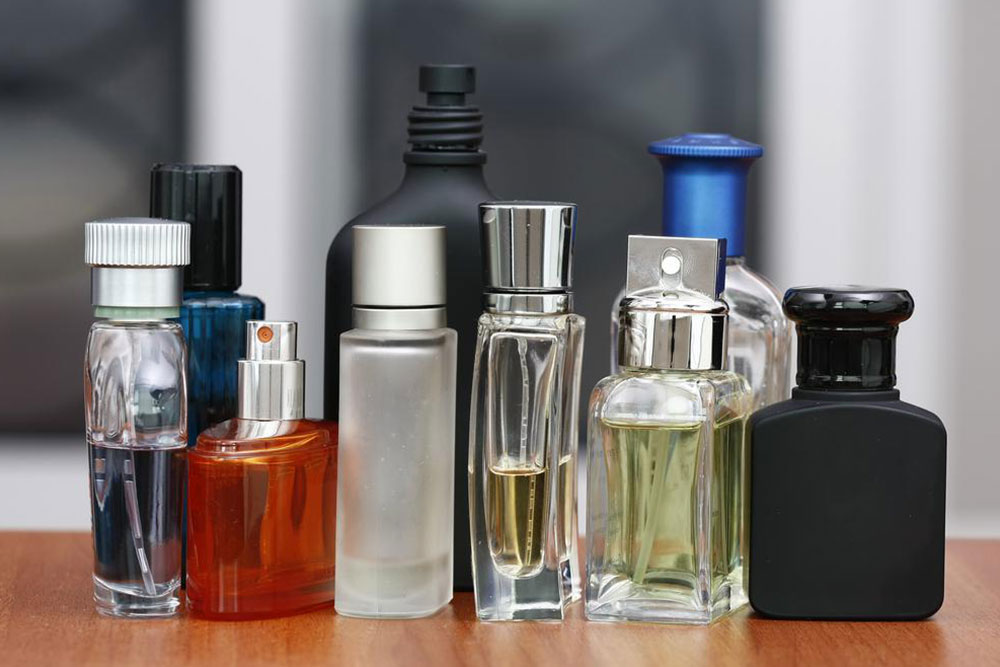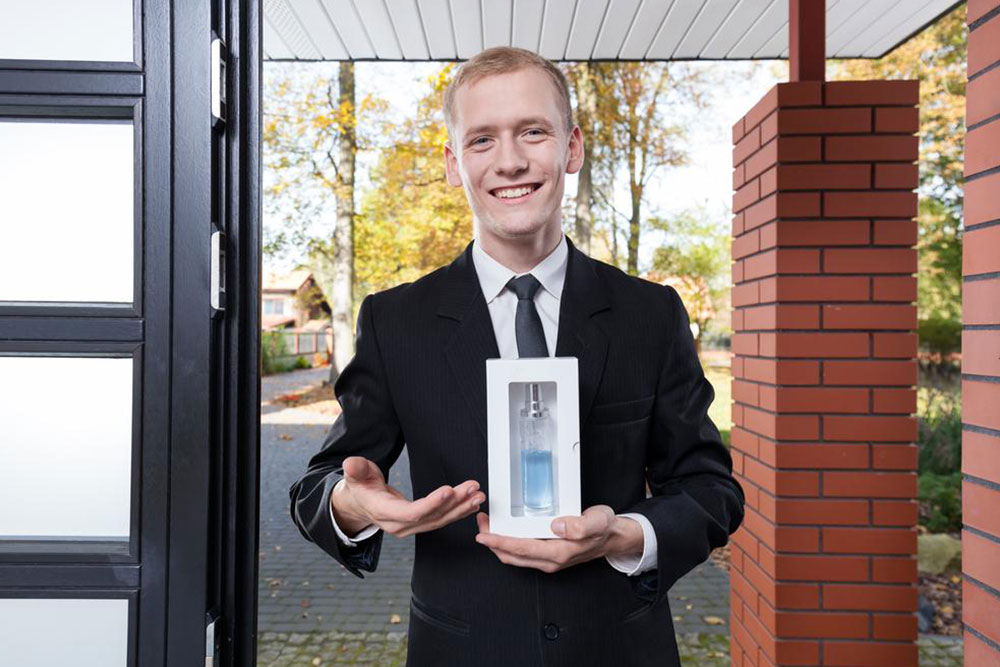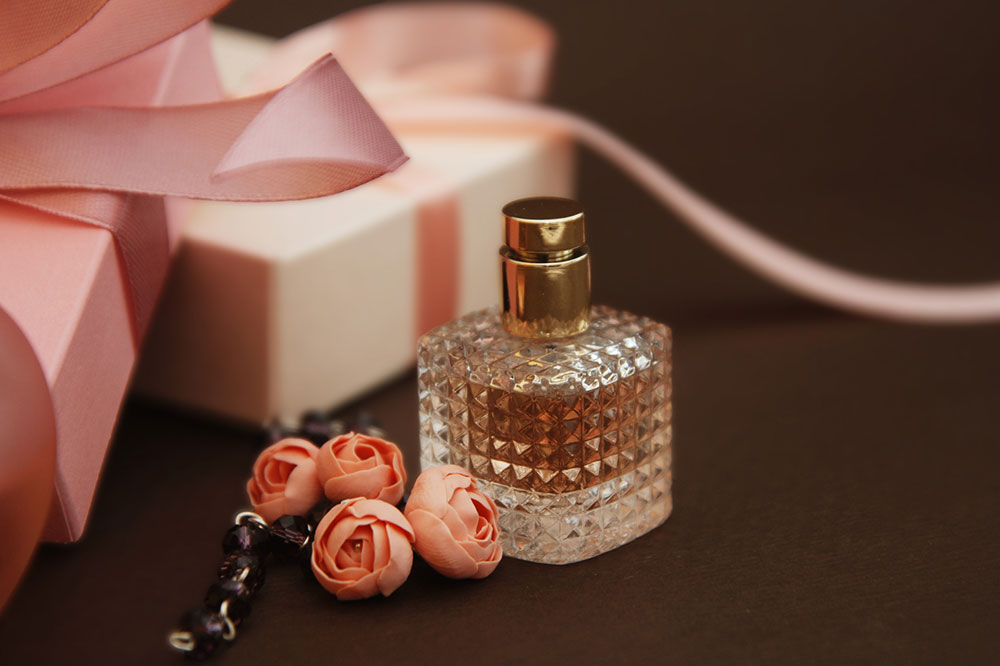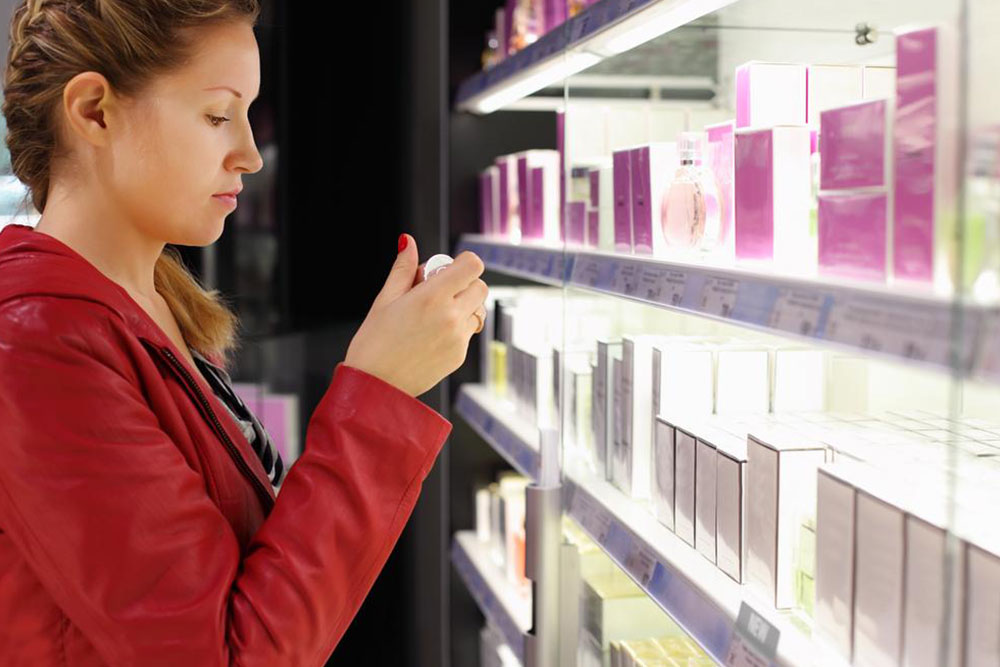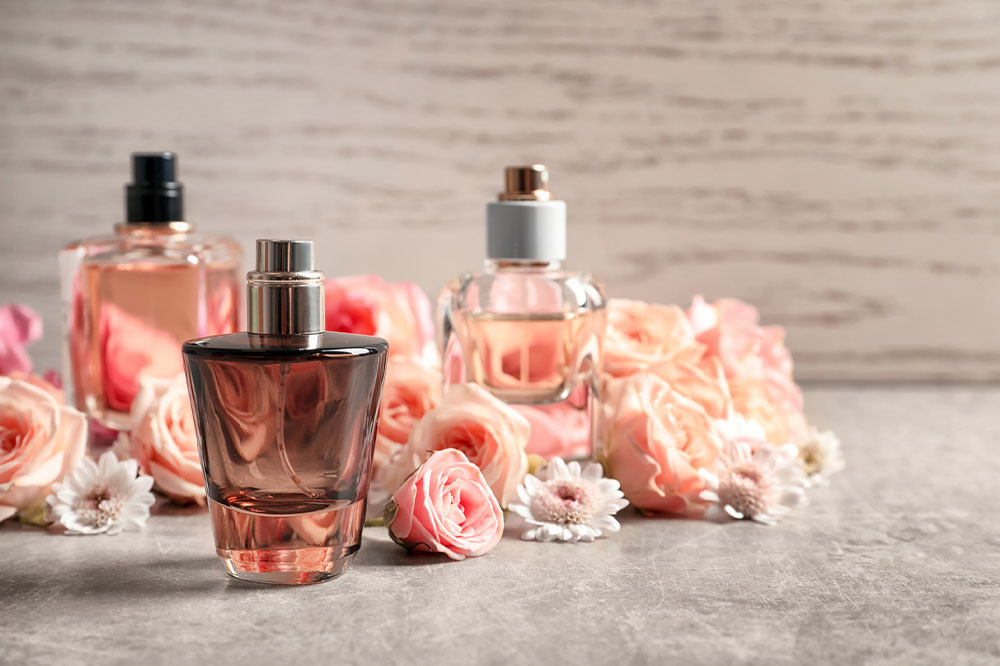Leading Global Companies Shaping the Perfume Industry: A Comprehensive Overview
Explore the leading companies shaping the global perfume industry, from historic brands in France to emerging markets in the Middle East. Learn about perfume creation, distribution, and future industry trends that continue to influence the world of luxury fragrances, highlighting craftsmanship, innovation, and market expansion efforts.
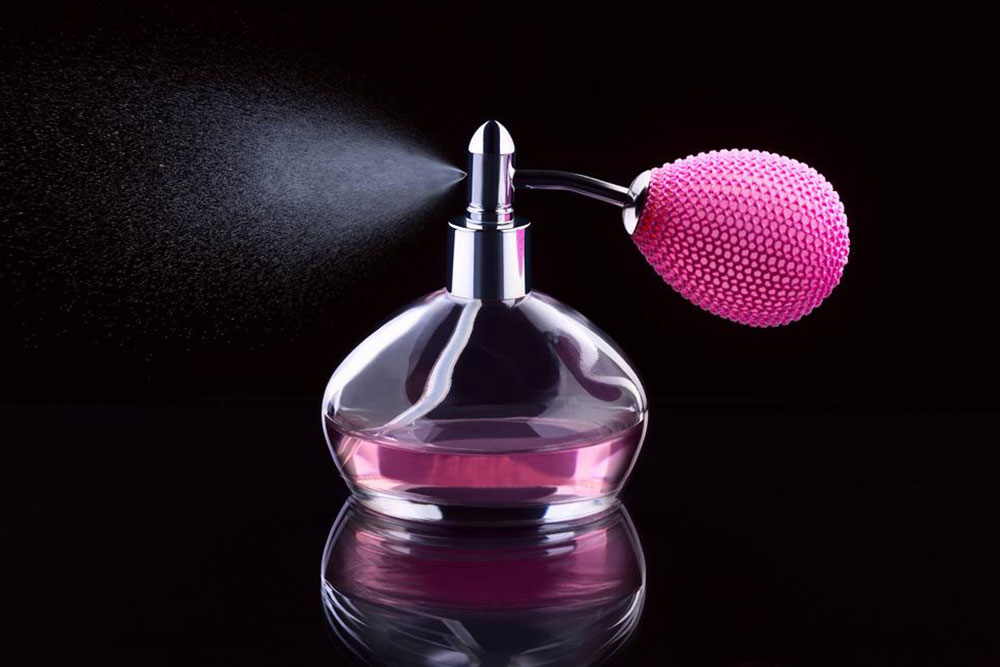
Leading Global Companies Shaping the Perfume Industry: A Comprehensive Overview
Perfume has long been celebrated as a symbol of elegance, personal expression, and luxury. Its intricate scents, artfully crafted and beautifully bottled, continue to captivate consumers worldwide. The perfume industry is a dynamic and competitive market, with key players operating across continents to deliver premium fragrances that appeal to diverse tastes and preferences. Understanding the major global leaders in this industry provides insight into the craftsmanship, innovation, and market strategies that have cemented their dominance.
From the historic perfume capital of France, particularly Paris, to the burgeoning markets in the Middle East, the perfume industry spans the globe. France has traditionally been seen as the epicenter of high-end perfumery, with its centuries-old tradition of fragrance creation and refinement. Paris, in particular, hosts several iconic perfume houses renowned for their artisanal craftsmanship, creative flair, and ability to set global trends.
However, the landscape is evolving as new regions emerge as significant players. The Middle East, with its affluent consumer base and substantial manufacturing capacity, has become a pivotal hub for perfume production and trade. Countries such as the United Arab Emirates and Kuwait have developed thriving perfume industries, offering a mix of traditional scents and modern fragrances tailored to regional preferences.
International markets are highly receptive to premium perfumes, with direct trading channels enabling both wholesale and retail purchase options. This streamlined system has facilitated global distribution, allowing brands to meet increasing demand in North America, Asia, and beyond. Exports are a critical component, with major companies establishing extensive distribution networks to capitalize on worldwide markets.
Understanding the key players in this industry involves examining their history, portfolio, and unique strengths. Some of the most influential companies include renowned luxury brands, innovative niche perfumers, and emerging craft labels that are redefining fragrance boundaries.
Major Players in the Perfume Industry
Guerlain — Established in 1828, Guerlain is one of the oldest perfume houses still in operation. Known for its luxurious and innovative fragrances, Guerlain has a rich history rooted in craftsmanship and exclusivity. Their signature scents, such as Shalimar and La Petite Robe Noire, remain icons of timeless elegance.
Chanel — Founded in 1910, Chanel revolutionized the fragrance industry with its classic Chanel No. 5, a scent that has stood the test of time. The brand emphasizes elegance, simplicity, and sophistication, and continues to lead with innovative scent compositions and elegant packaging.
Dior — Dior has been a pioneer in combining haute couture with perfumery, creating signature scents like J'adore and Sauvage. Their focus on blending art and fragrance has earned them a loyal global following.
Jo Malone — Known for its unique, layered fragrances and minimalist aesthetic, Jo Malone has carved out a niche in the luxury perfumery segment. Their customization options and signature scent combinations attract a discerning clientele.
Amouage — Originating from Oman, Amouage is celebrated for its opulent, complex fragrances that draw inspiration from Middle Eastern traditions. Their exquisite scents appeal to connoisseurs seeking distinctive and exclusive perfumes.
The Art of Perfume Creation and Distribution
The process of creating high-quality perfumes involves a meticulous blend of artistry, science, and tradition. Perfumers, often referred to as "noses," combine natural ingredients like essential oils from flowers, fruits, spices, and woods, adhering to strict quality standards. Crafting an iconic fragrance may take years of experimentation, blending, and refinement, emphasizing the importance of expert craftsmanship.
Authentic perfumes are typically crafted in specialized facilities equipped with state-of-the-art distillation and extraction equipment. The entire process demands precision to preserve the integrity of natural extracts and achieve a harmonious scent profile. Storage conditions are equally critical; perfumes are stored away from sunlight, heat, and humidity to prevent degradation and ensure longevity.
The distribution landscape has evolved with the advent of direct-to-consumer sales, boutique stores, e-commerce platforms, and flagship stores in major cities worldwide. This multi-channel approach allows brands to connect directly with their audience, control brand image, and maintain high standards of quality control. Wholesale channels, including department stores and specialty boutiques, still play a key role, especially for reaching a broader consumer base.
Global shipping and logistics systems support an extensive network of exports, helping brands meet international demand efficiently. In addition, the rise of niche and artisanal perfumers has diversified options for consumers seeking bespoke fragrances, fostering innovation within the industry. This diversity ensures that consumers can find scents that match their unique personalities, whether they prefer fresh citrusy notes, deep musky undertones, or sophisticated floral blends.
Trends and Future Outlook in the Perfume Industry
The perfume industry continues to evolve with shifting consumer preferences and technological advances. Natural and organic ingredients are gaining popularity, driven by health-conscious consumers seeking eco-friendly and sustainable products. Moreover, personalized fragrances—created through digital customizations—have become increasingly common, reflecting a move toward individualized scent experiences.
Innovation in packaging, such as eco-friendly bottles and refillable containers, aligns with environmental sustainability goals. The use of digital marketing, influencer collaborations, and virtual fragrance experiences is also transforming how brands engage with consumers.
Looking ahead, the industry is poised for continued growth, especially in emerging markets. As wealth increases globally, more consumers seek luxury fragrances, and the boundaries between traditional perfumery and fashion or lifestyle brands will likely blur. Technological breakthroughs, including AI-driven scent formulation and virtual reality experiences, are expected to further revolutionize perfume creation and marketing.
In conclusion, the global perfume industry is a complex and vibrant ecosystem, driven by historical craftsmanship, innovative brands, and evolving consumer tastes. Dominant players and rising niche perfumers alike contribute to a rich tapestry of fragrances that cater to every preference, setting the stage for exciting developments in the years to come.
